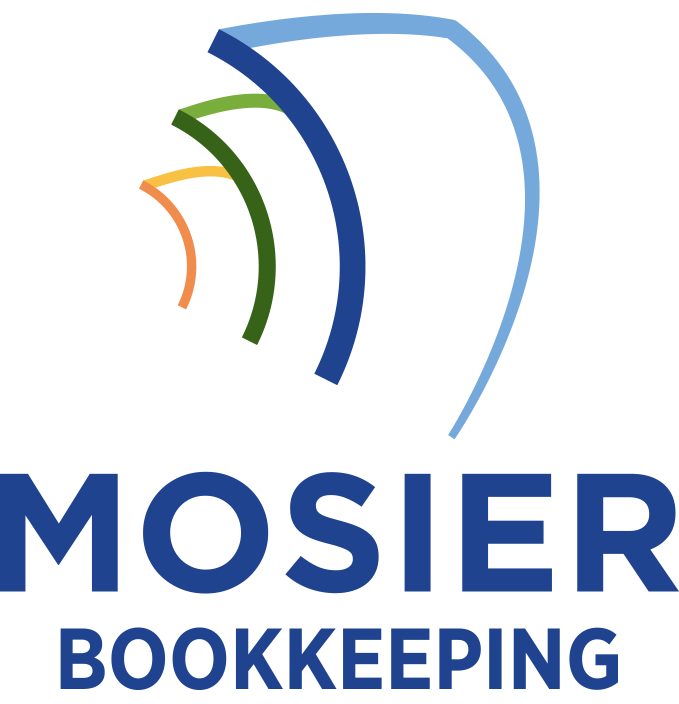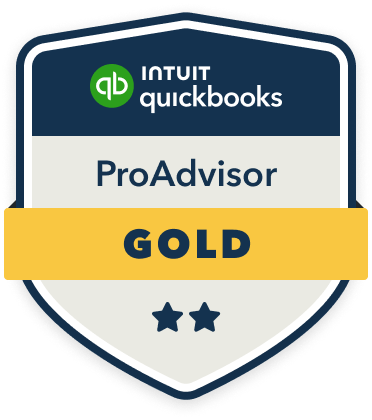To choose the right bookkeeping method, I’ll help you assess your business size, structure, and industry requirements first. For small operations with simple cash flows, single-entry bookkeeping might suffice. However, if you’re managing complex transactions or planning for growth, double-entry bookkeeping offers superior accuracy and control. Your choice between cash-basis and accrual accounting will depend on revenue thresholds and reporting needs. Let’s explore which method aligns with your specific business requirements.
Understanding Different Bookkeeping Methods and Their Core Features

When establishing a business’s financial record-keeping system, understanding the key differences between bookkeeping methods is essential for making an informed choice. The two primary methods are single-entry and double-entry bookkeeping. Single-entry functions like a checkbook, recording each transaction once, ideal for small operations with simple cash flows. Double-entry provides superior accuracy through dual transaction records, debits and credits, enabling detailed financial control. I’ll note that double-entry systems, while more complex, offer advanced tracking capabilities, better error detection, and generate sophisticated financial statements that enhance strategic decision-making power.
Evaluating Your Business Size, Structure, and Industry Requirements
How effectively your bookkeeping system serves your business depends largely on matching it to your organization’s specific characteristics and needs. I recommend evaluating these critical factors to determine the perfect/ideal/suitable method:
- Annual revenue and transaction volume
- Number of employees and payroll complexity
- Industry-specific compliance requirements and reporting standards
- Business structure (sole proprietorship, LLC, corporation)
- Growth trajectory and scalability needs
Your choice must align with regulatory demands while providing the financial visibility you need for strategic decision-making. I’ve found that selecting a method that accommodates both current operations and future expansion prevents costly system changes later.
Comparing Single-Entry vs. Double-Entry: Pros and Cons

The fundamental choice between single-entry and double-entry bookkeeping systems represents a critical decision point for business financial management.
I’ll break down your options: Single-entry works like a checkbook, tracking basic income and expenses. It’s ideal for small, cash-based businesses with simple transactions. However, it won’t detect errors easily or provide extensive financial insights.
Double-entry demands more expertise but offers superior control. Each transaction affects two accounts, creating a self-balancing system that instantly reveals discrepancies. I recommend double-entry if you’re scaling, need detailed financial analysis, or must satisfy stakeholder requirements. It’s essential for complex operations and maintaining ironclad financial accuracy.
Making the Decision: Cash-Basis or Accrual Accounting
Beyond selecting a bookkeeping system, businesses must determine their method for recording transactions: cash-basis or accrual accounting. I’ll help you analyze which approach aligns with your business goals.
- Cash-basis records income when received and expenses when paid
- Accrual tracks transactions when they occur, regardless of payment timing
- Cash-basis works best for small businesses with simple transactions
- Accrual provides deeper insights into business performance and obligations
- Your choice impacts tax reporting, loan qualification, and strategic planning
Select cash-basis if you need simplicity and manage primarily immediate transactions. Choose accrual if you require sophisticated financial analysis, handle inventory, or anticipate rapid growth. Some businesses may legally require accrual accounting based on revenue thresholds.
Essential Tools and Resources for Your Chosen Bookkeeping Method

Once you’ve selected your preferred accounting method, implementing the right combination of tools and resources becomes essential for accurate financial record-keeping. I recommend investing in robust accounting software like QuickBooks, Xero, or FreshBooks that aligns with your chosen method. These platforms offer automated features for invoicing, expense tracking, and financial reporting.
You’ll need a dedicated business bank account, receipt management system, and payroll software if applicable. I advise establishing a digital filing system for documentation and considering cloud storage solutions. For complex transactions, I suggest securing access to professional accounting resources or establishing a relationship with a CPA.









